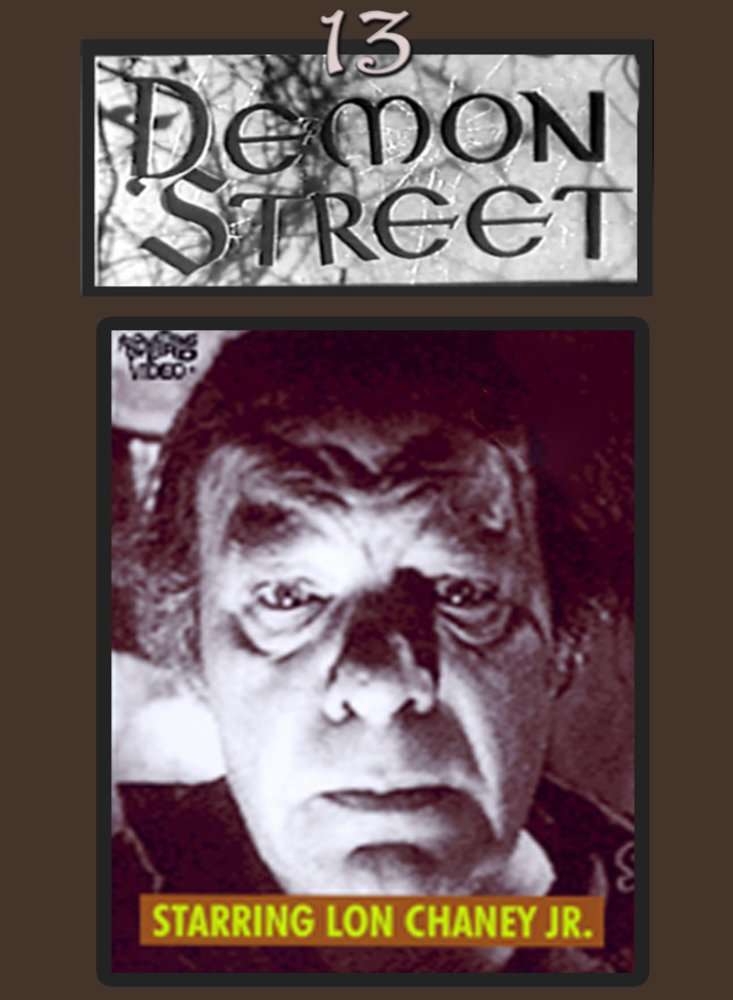
The Melodrama Research Group presents: At home with horror? Terror on the small screen 27 th -28 th October 2017, University of Kent Keynote speaker: Dr Helen Wheatley (University of Warwick)

The Melodrama Research Group presents: At home with horror? Terror on the small screen 27 th -28 th October 2017, University of Kent Keynote speaker: Dr Helen Wheatley (University of Warwick)

The International Journal of James Bond Studies is an academic peer-reviewed journal dedicated to publishing interdisciplinary scholarship on all aspects of Ian Fleming’s James Bond franchise.

English-language television comedy is circulating transnationally more than ever before, as Americans watch the Irish comedy Moone Boy on Hulu and British comedy panel shows like Have I Got News For You on YouTube; Netflix brings the BBC’s Miranda and RTE imports CBS’s 2 Broke Girls to Irish shores; the most popular sitcom on British television, Mrs. Brown’s Boys , is created by an Irish performer;

We seek proposals for a small number of original essays to include in Hands On History (eds. John Ellis and Nick Hall), an edited collection focusing on practical and embodied approaches to the history of media technology. The collection explores the relevance of the new methodology of hands on history to the study of media.
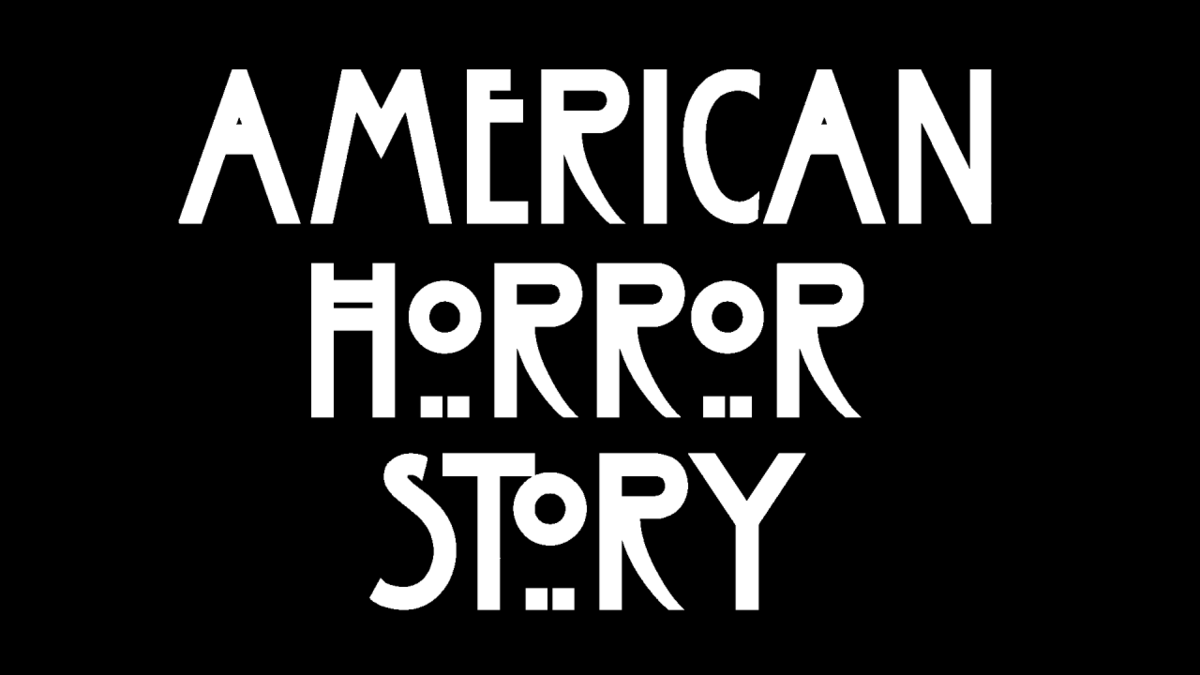
Guest Editors: Harriet Earle, Sheffield Hallam University, UK Jessica Clark, University of Suffolk, UK This call for papers seeks submissions that engage with the television series American Horror Story (produced by Ryan Murphy and Brad Falchuk) as part of a Special Issue for the European Journal of American Culture.

Friday 10 November 2017 – Newcastle University, Newcastle upon Tyne Since its first programmes aired in 1984, Canal+ has played a role in shaping not just the paysage audiovisuel français but also French society, culture, politics and economics in many significant ways.
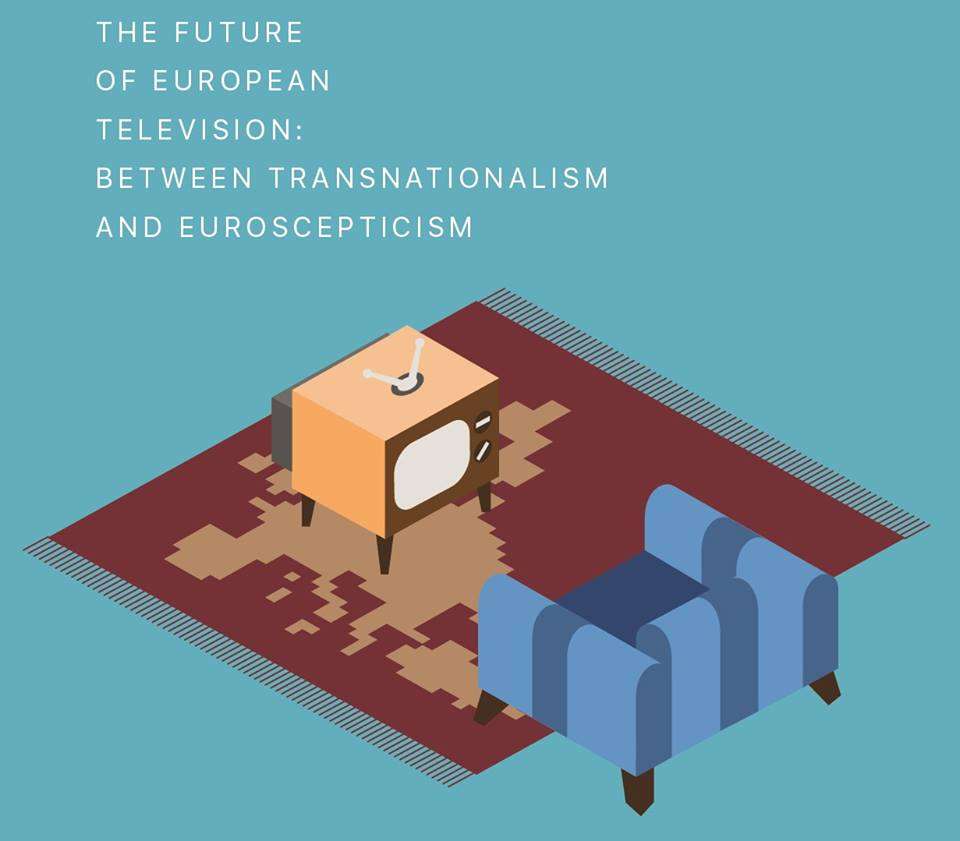
DEADLINE EXTENDED TO 7 JULY 2017 ECREA Television Studies Conference 2017 The Future of European Television: Between Transnationalism and Euroscepticism From 15-11-2017 To 17-11-2017 Facultad de ciencias de la Comunicación Málaga Organized by the ECREA Television Studies section and the University of Málaga (Spain), in collaboration with “Production and circulation of media contents” section of […]
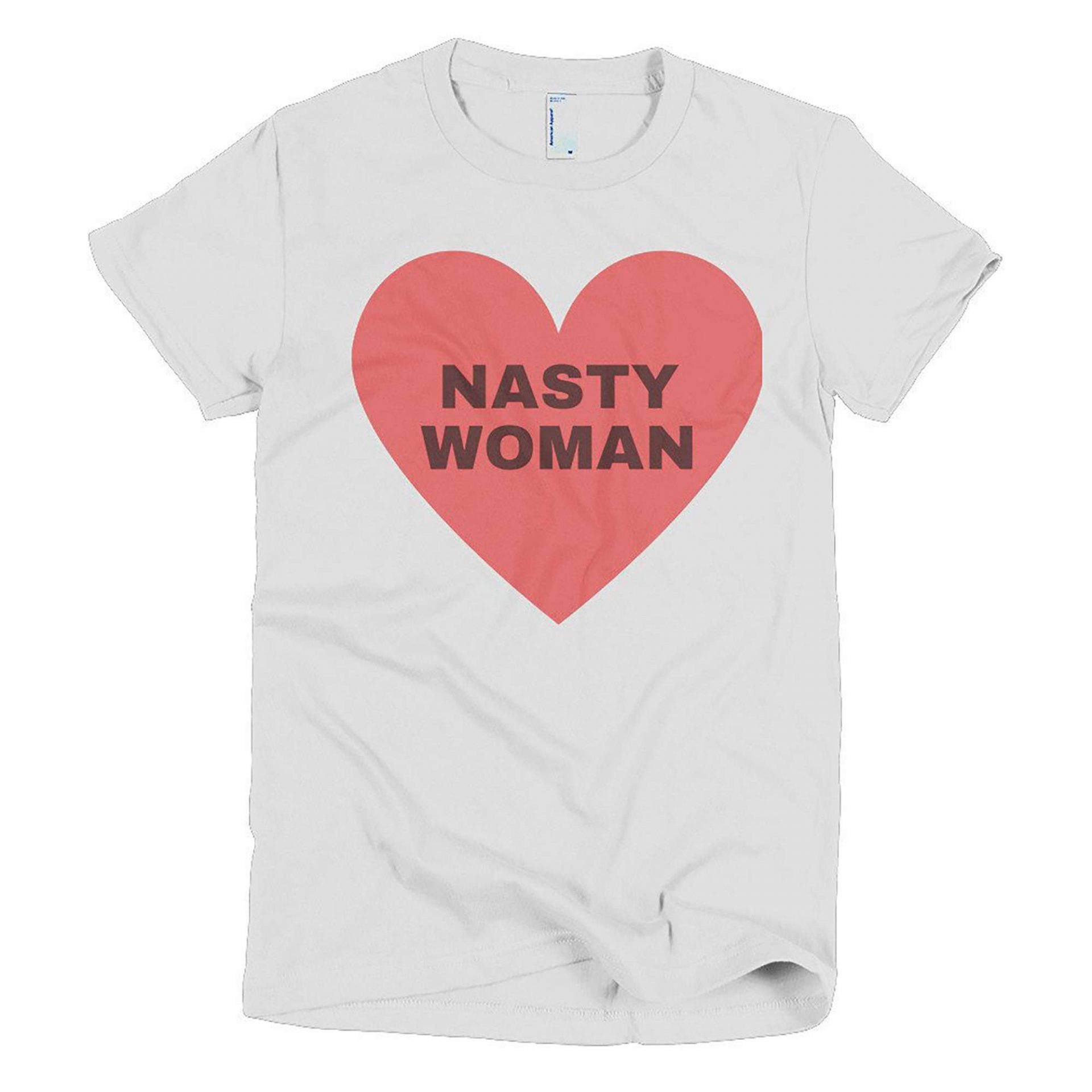
Donald Trump’s now infamous phrase ‘such a nasty woman’, uttered about his then rival Hillary Rodham Clinton in the 2016 U.S. presidential debates, was rudely used to patronise and belittle Clinton, who is known for being a strong, independent (and feminist) politician. In reality, Trump is not the only figure to characterise today’s women in this manner.
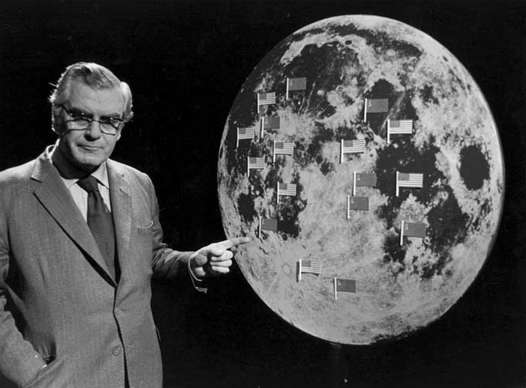
This symposium seeks to explore the relationships between truth, lies and media consumption throughout history and across media and cultural platforms. Fake news is not new.

Deadline: September 1st 2017 As critics, creators and academics alike herald the new “Golden Age”, Time in Television Narrative : Exploring Temporality in Twenty – First – Century (2012) reminds us however that time is at the very center of the television narrative, and that television differs from its cinematic equivalent notably by its incremental approach to storytelling.